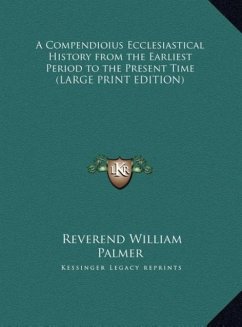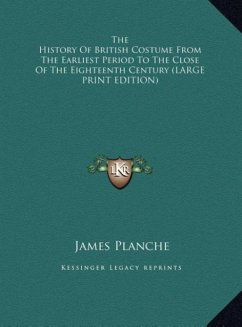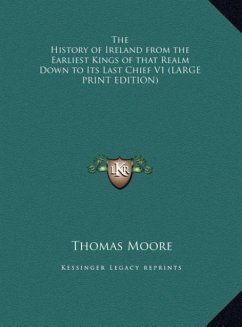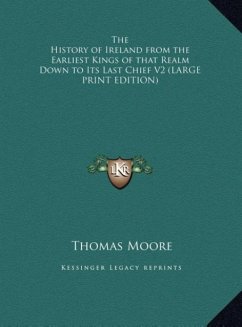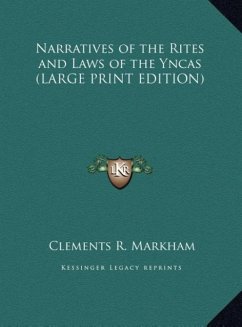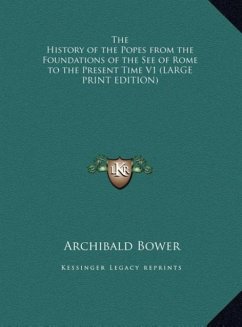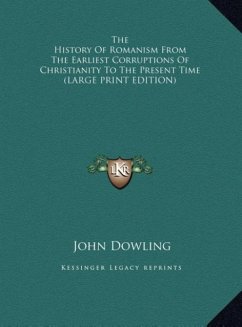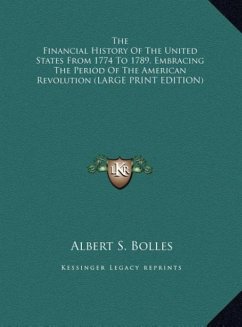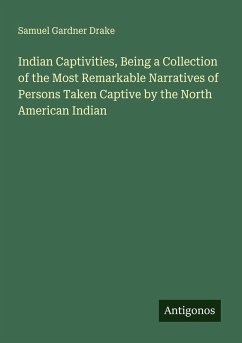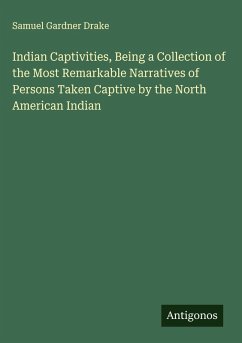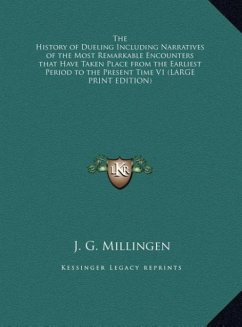
The History of Dueling Including Narratives of the Most Remarkable Encounters that Have Taken Place from the Earliest Period to the Present Time V1 (LARGE PRINT EDITION)
Versandkostenfrei!
Versandfertig in 1-2 Wochen
49,99 €
inkl. MwSt.

PAYBACK Punkte
25 °P sammeln!
(LARGE PRINT EDITION) 1841. In Two Volumes. Millingen takes a historical look back at the practice of dueling. Contents of the First Volume: Introductory Observations; On Dueling Among the Ancients, and in Olden Times; The Origin of Dueling; Celebrated Judicial Duels; Institution of Chivalry and Duels; Early Dueling in France; Dueling in France During the Sixteenth Century; Dueling in France During the Seventeenth Century; Dueling During the Reign of Louis the Thirteenth; Dueling in France During the Reign of Louis the Fourteenth; Dueling in France During the Eighteenth Century; Dueling in Fra...
(LARGE PRINT EDITION) 1841. In Two Volumes. Millingen takes a historical look back at the practice of dueling. Contents of the First Volume: Introductory Observations; On Dueling Among the Ancients, and in Olden Times; The Origin of Dueling; Celebrated Judicial Duels; Institution of Chivalry and Duels; Early Dueling in France; Dueling in France During the Sixteenth Century; Dueling in France During the Seventeenth Century; Dueling During the Reign of Louis the Thirteenth; Dueling in France During the Reign of Louis the Fourteenth; Dueling in France During the Eighteenth Century; Dueling in France During the Reign of Louis the Sixteenth; Dueling in France During the Nineteenth Century; Duels Between French Women; Code of Dueling Established in France; French Views of the Character and Duties of a Second, and of the Expediency of Dueling; Dueling in Italy; Dueling in Spain; Dueling in Germany and the North of Europe; Dueling in Belgium and Holland; Dueling in the United States of America; and Dueling in the East.



